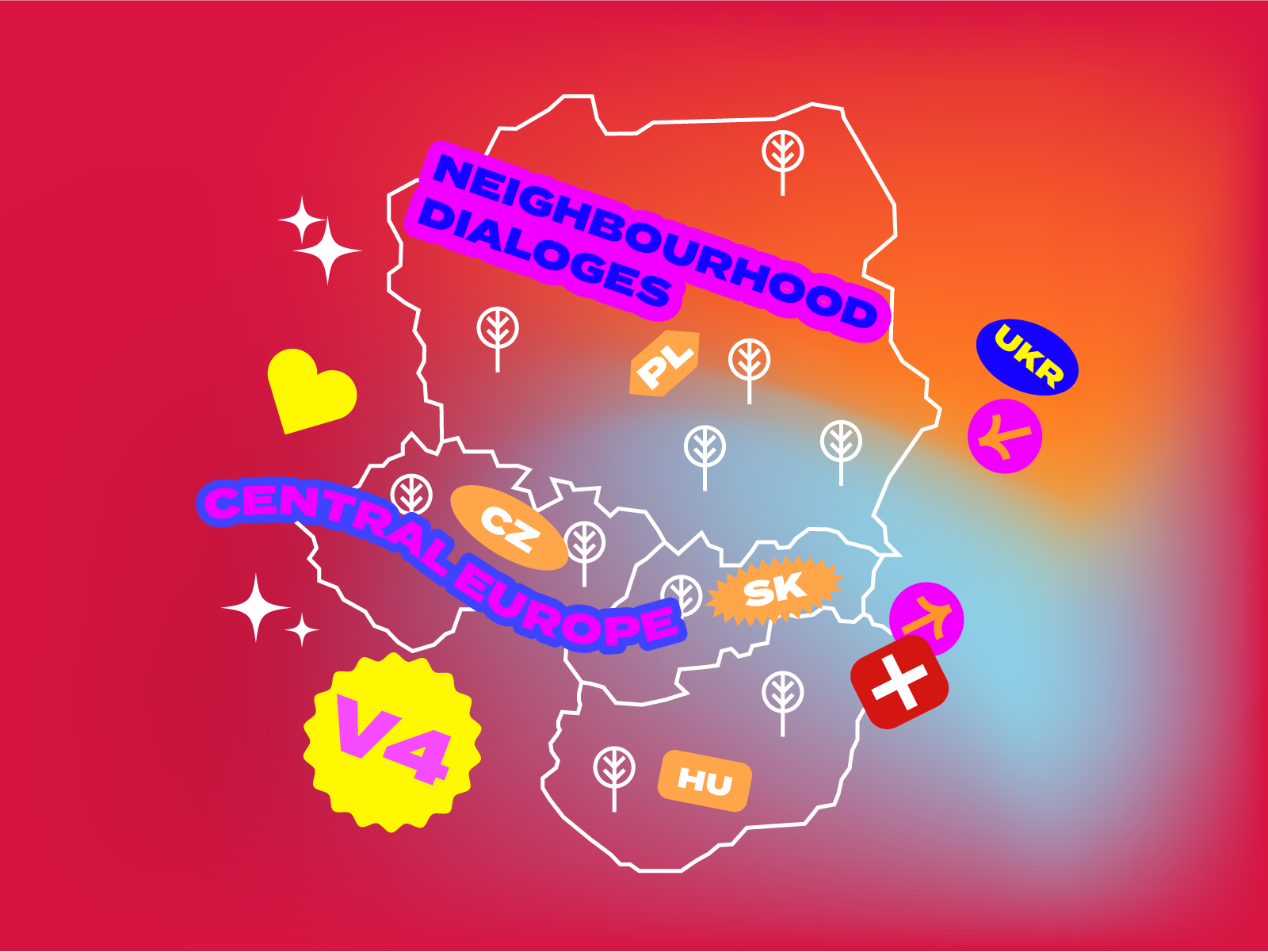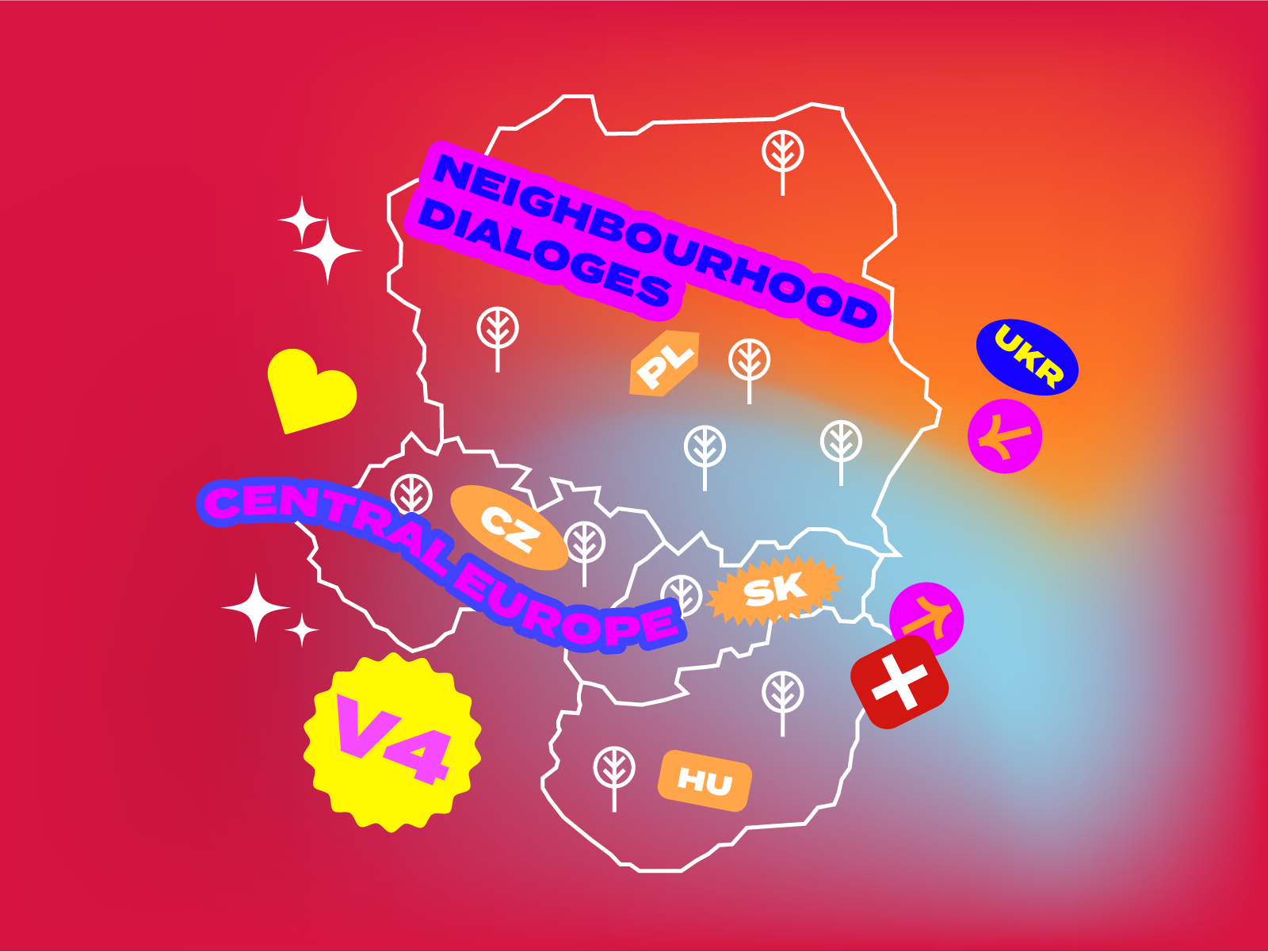Hungarian experts discussed the war’s impact on the Visegrád Group, the refugee crisis, the oil and gas embargo, and Ukraine’s road to EU membership. Hype&Hyper’s conference coverage from Budapest.
It seems the Russo-Ukrainian war has undermined the unity of the Visegrád Group, and the alliance lost its strength. But Attila Demkó, security policy expert, said that there has always been a disagreement between the four countries on Russian relations; therefore, it is no surprise that Budapest and Warsaw have different positions on the conflict. According to Demkó, we have to be realistic and admit that the conflict will definitely not strengthen the V4; but at the same time, we should not forget that there are many other areas where the four countries have shared interests which will keep them together in the future. Nevertheless, there is a necessity to discuss within the group how to deal with Russia, Ukraine, and the changed security situation since we have decades of experience in cooperation to address new issues, Demkó was pointing out.
According to Péter Sztáray, State Secretary for Security Policy at the Ministry of Foreign Affairs and Trade of Hungary, the history of the Visegrád Group has its ups and downs, and we are currently experiencing the latter. The politician said that Hungary and Poland had seen slightly different things as threats in the last fifteen years, leading to disagreements that have become clear to the public now. Nonetheless, he added, there are less visible but successful negotiations and progress in transport, infrastructure, and energy.
János Bóka, State Secretary for EU Affairs at the Ministry of Justice of Hungary, stressed that V4 never had the aim to reach a full consensus on everything between the member states. According to Bóka, there are always some disagreements in regional cooperations, such as the incompatible Danish and Swedish immigration policies in the Nordic Council. The politician emphasized that the main objective of V4 is to provide a platform for the representation of the shared Central and Eastern European interests and values since the Visegrád Group is neither a geopolitical nor a military entity. Sztáray believes that V4 is the most efficient in promoting regional interests within the EU institutional framework. He does not think that the Russo-Ukrainian war has harmed the cooperation regarding the debates on the specific EU policies. He added that it would be essential to keep the political trust between the four countries and that tearing down the achieved results because of the current disagreements should be avoided.

Regarding energy sanctions and transition, which significantly affect the region, Demkó pointed out that Poland has the geographic potential to find alternative energy sources, while, for instance, Slovakia does not. The expert explained that each country has to find a different solution based on its own circumstances, and a full embargo on oil would cause an economic collapse in Hungary and Slovakia. Demkó thinks it is a huge issue that nowadays, emotions and desires usually overshadow facts in politics and media. He added that Poles are absolutely right that we should wean ourselves off Russian energy, but this cannot happen immediately, and we cannot punish ourselves more than Russia. Demkó also emphasized that Hungary takes in Ukrainian refugees and gives gas to Ukraine. The embargo on oil and gas is not in Ukraine’s interest. The expert revealed that Kyiv charges transit fees for Russian oil and gas passing through the country, the infrastructure is intact, and Ukraine’s energy supply would collapse if Central and Eastern European states suddenly cut off Russian energy supplies.
Sztáray added that not only does Hungary oppose the oil embargo in the EU, but there are many Member States whose hidden positions are the same as the Hungarian. The politician emphasized that it is also crucial to note that the Hungarian infrastructure for energy transition has been built, but the neighboring countries have not finished all their projects yet as the Slovak-Polish interconnector is still under construction. Sztáray believes that a full embargo on oil would undermine the political unity of the EU, which would harm not just the Union but also Ukraine.
According to Bóka, green transition is one of the primary policy goals in the EU, which the Member States fully agree on, and in the long term, it can reduce energy dependency. Nonetheless, he added that in the short term, the transition might cause bigger problems than it is intended to solve. The politician pointed out that green transition may lead to increased vulnerability since maintaining the security of supply will increase the gas demand. Bóka explained that if Europe wants to cut all fossil fuel ties with Russia, building new fossil fuel infrastructure will be inevitable. But there are no EU funds for that, and even if the infrastructure is made, there is no guarantee of enough resources to run it since the competition in the energy market is dynamic, Bóka concluded.
Concerning the social and economic impact of the current Ukrainian refugee crisis, Demkó said that Poland is under the most tremendous pressure, but 720.000 people arrived in Hungary as well. He emphasized that Czechia, Hungary, Poland, and Slovakia opened their schools to Ukrainian children, where they can continue their education, and the social solidarity toward Ukrainian refugees is outstanding. The expert outlined a significant difference between the current and the 2015 crisis, namely that Ukrainians cooperate with the national authorities. Central and Eastern European societies empathize with Ukrainian refugees and help them as they can, some even hosting refugees in their homes.
Sztáray stated that it is essential to open the labor market to refugees in addition to the social care system, thus supporting Ukrainians’ successful integration. Bóka added that the joint position of the Visegrád countries is that we also need to send humanitarian assistance to Ukraine, so those who decided to stay can do so with the necessary support.
Sztáray said that the Hungarian government fully supports Ukraine’s accession to the EU, but he acknowledged that it cannot happen quickly because it is a slow process; the Western Balkan countries have been waiting to join the organization for decades. Bóka agreed and confirmed that Ukraine should go through the steps of joining the EU, which is not a quick procedure.
According to Demkó, the priority is to stop the war, and a lasting settlement should be achieved regarding Ukraine. But he agreed with Bóka and Sztáray that Ukraine has the potential to join the EU and stated that the Visegrád Group would welcome Ukraine.The discussion took place at the Mathias Corvinus Collegium in Budapest, within the framework of the Neighbourhood Dialogues conference on the present and future of the Visegrád Group.









